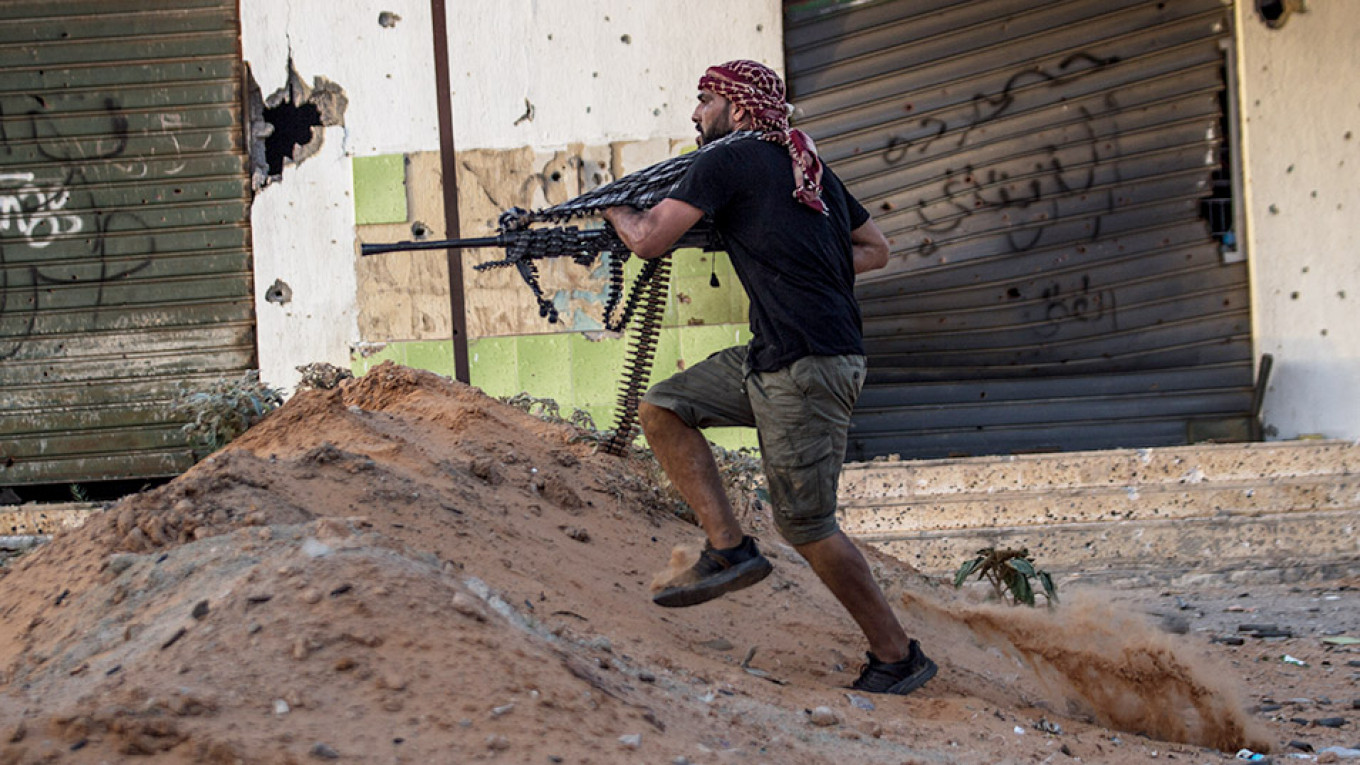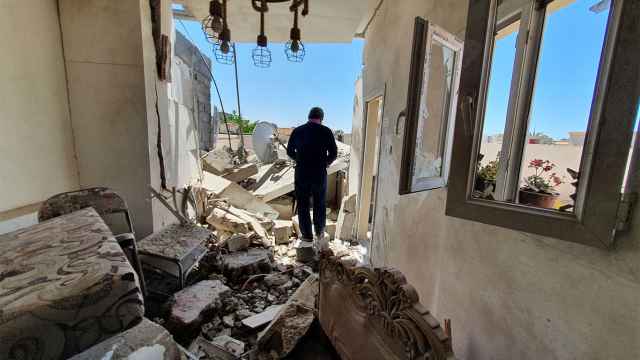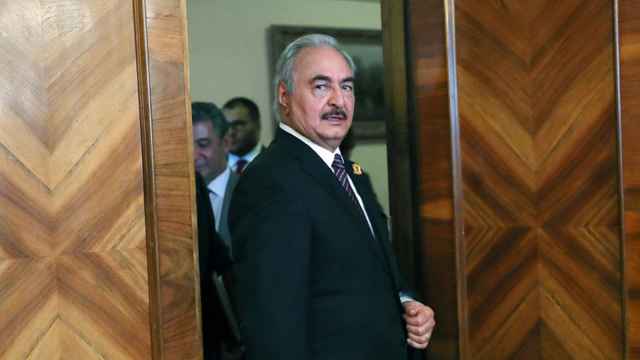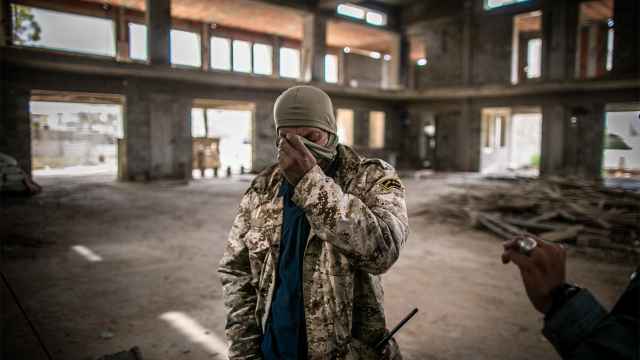Russia is using private military contractors to escalate the conflict in Libya and boost its influence there, the security chief of Libya’s UN-backed government has said.
Libyan interior minister Fathi Bashagha’s accusations follow reports of at least two deployments of Kremlin-linked Wagner mercenaries in recent months as forces based in eastern Libya attempt to take the capital. Russia denies its military presence in Libya and says it supports conflict settlement efforts in the oil-rich nation.
“The Russians have intervened to pour fuel on the fire and enhance the crisis rather than finding a solution,” Bashagha told Bloomberg in an interview published Saturday.
Pointing to other reported Wagner deployments in Syria and sub-Saharan Africa, Bashagha warned: “wherever Wagner goes destruction happens.”
Forces loyal to eastern commander Khalifa Haftar launched an offensive this spring to seize Tripoli from Libya’s internationally recognized government. Russia is reported to be providing unofficial assistance to Haftar with the Wagner Group, a private army linked to President Vladimir Putin through businessman Yevgeny Prigozhin.
Bashagha accused Moscow of intervening in Libya to revive the remnants of ousted dictator Muammar Gaddafi’s regime and to strengthen its influence in Africa and on the southern edge of Europe.
Libya has descended into chaos after the 2011 uprising against Gaddafi, with the conflict evolving into a proxy war between foreign powers.
“The U.S. was a strong partner in bringing down the old regime,” Bashagha told Bloomberg.
He called on the U.S. to step up support for Libya’s UN-backed government, saying Washington has a “moral and legal” obligation to restore the country’s stability and security.
A Message from The Moscow Times:
Dear readers,
We are facing unprecedented challenges. Russia's Prosecutor General's Office has designated The Moscow Times as an "undesirable" organization, criminalizing our work and putting our staff at risk of prosecution. This follows our earlier unjust labeling as a "foreign agent."
These actions are direct attempts to silence independent journalism in Russia. The authorities claim our work "discredits the decisions of the Russian leadership." We see things differently: we strive to provide accurate, unbiased reporting on Russia.
We, the journalists of The Moscow Times, refuse to be silenced. But to continue our work, we need your help.
Your support, no matter how small, makes a world of difference. If you can, please support us monthly starting from just $2. It's quick to set up, and every contribution makes a significant impact.
By supporting The Moscow Times, you're defending open, independent journalism in the face of repression. Thank you for standing with us.
Remind me later.






